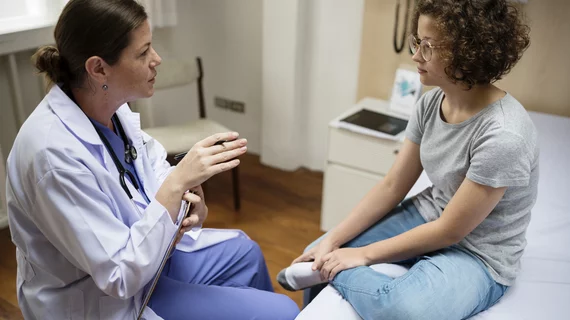Physicians top $2M in revenue at hospitals
Physicians are bringing in more revenue at hospitals in 2019 than previously, according to a recent report from Merritt Hawkins.
In 2019, the average annual net revenue of PCPs for their affiliated hospitals was $2.13 billion, compared to $1.4 million in 2016. Specialist physicians brought in $2.45 million, while all physicians had average revenue of nearly $2.4 million in 2019. That’s compared to $1.6 million in 2016 for specialist physicians and $1.56 million for all physicians that year.
Merritt Hawkins surveyed hundreds of hospital CFOs and other hospital executives to complete its report.
Some physician specialties brought in more revenue than others for hospitals. Here are the top 5 specialists with the highest average annual net revenue in 2019:
- Cardiovascular surgery ($3.7 million)
- Cardiology invasive ($3.5 million)
- Neurosurgery ($3.4 million)
- Orthopedic surgery ($3.3 million)
- Gastroenterology ($2.97 million)
Among these specialties, hospitals are shelling out for higher salaries, but the cost is likely worth what these physicians provide.
For a cardiology invasive specialty, the average salary runs $590,000, compared to the $3.5 million in revenue. The average salary of a cardiovascular surgery specialist is $427,000, while neurosurgeons make $687,000 on average, orthopedic surgeons average $533,000 per year, and gastroentology specialists make $487,000.
“As these numbers indicate, physicians typically generate considerably more in ‘downstream revenue’ than they receive in the form of salaries or income guarantees,” the report reads. “This is particularly true of primary care physicians. Though hospitals and other employers have been shown to lose money on physician salaries in some cases, they often recoup these loses from the downstream revenue physicians generate.”
The findings come at a time when more physicians than ever are employed by healthcare companies rather than being self-employed or working for another physician-owned practice. Physicians are also in such high demand that residents and students are receiving a high number of calls from recruiters in the sector.

